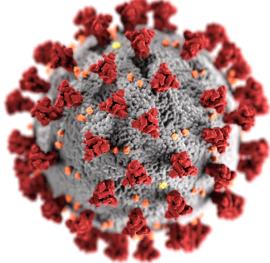2021-05-30
The RT-PCR test for Covid-19 is said by some to create false positive results if run for too many cycles.
The labs who run the tests have been reluctant to disclose how many amplification cycles they use.
There have been reports that upwards of 35 or even 40 cycles have been used.
But now, Zerohedge reports that the CDC has published guidance that for vaccinated people, no more than 28 cycles (download) should be used. But wait - is this test not a standardised test? Perhaps the CDC is at last catching up with the situation and laying down a welcome and much-needed standard, but surely a standard is a standard and should apply across the board?
Apparently not.
The thinking seems to be that if you haven't been vaccinated then you are more likely to have Covid, therefore in order to avoid the possibility that a case may be missed and spread infection, a high amplification factor is used - so high in fact that it could produce significant numbers of false positive results.
Of course if you have been vaccinated then the chances are that you are not infected so it's best to use lower amplification to avoid false positives from seeming to show up the vaccine as being less adequate than portrayed, thus encouraging vaccine "hesitancy" (or refusal).
Some might consider this logic to betray a somewhat warped underlying motivation, whilst others may wonder if it is really necessary or desirable to tilt the playing field in this manner.
I am content to trust the judgement of our readers.



